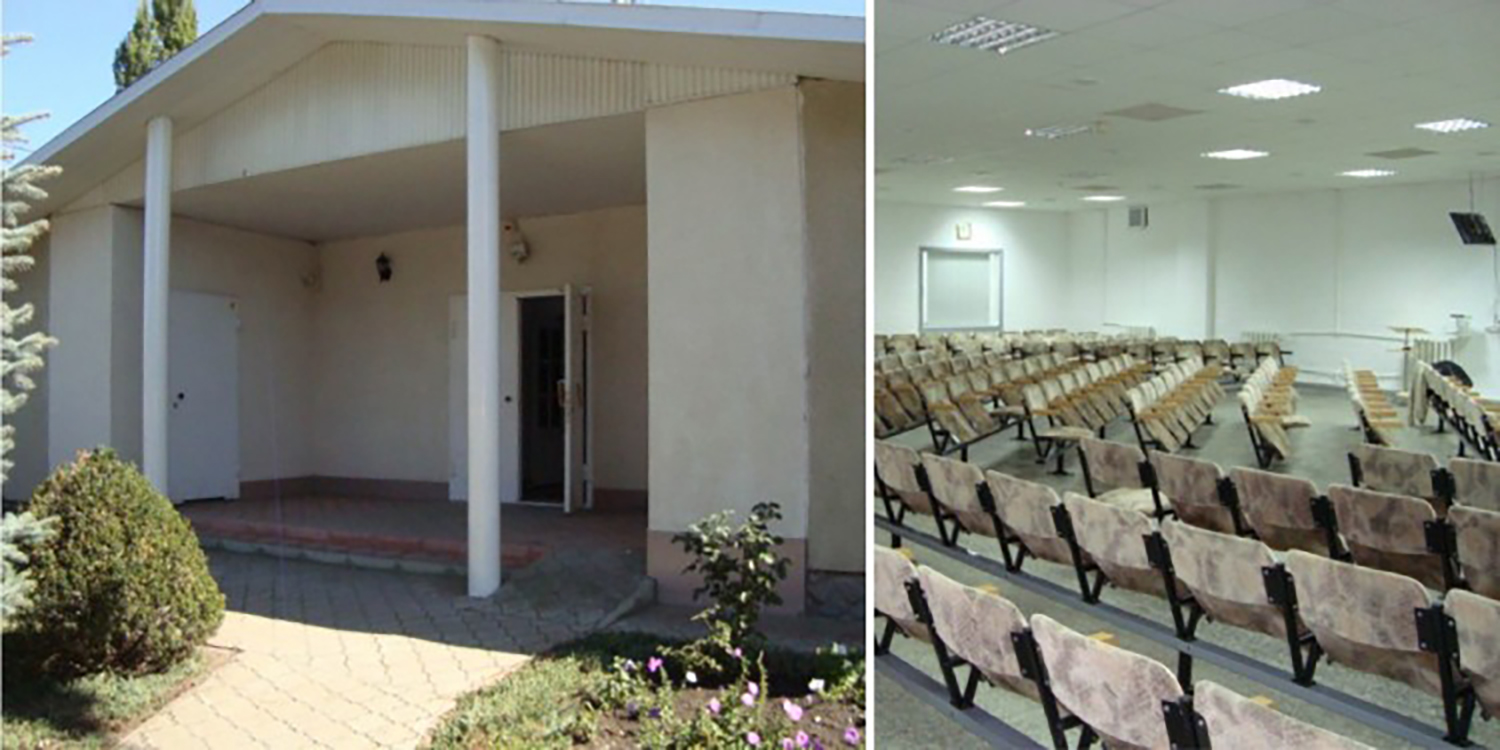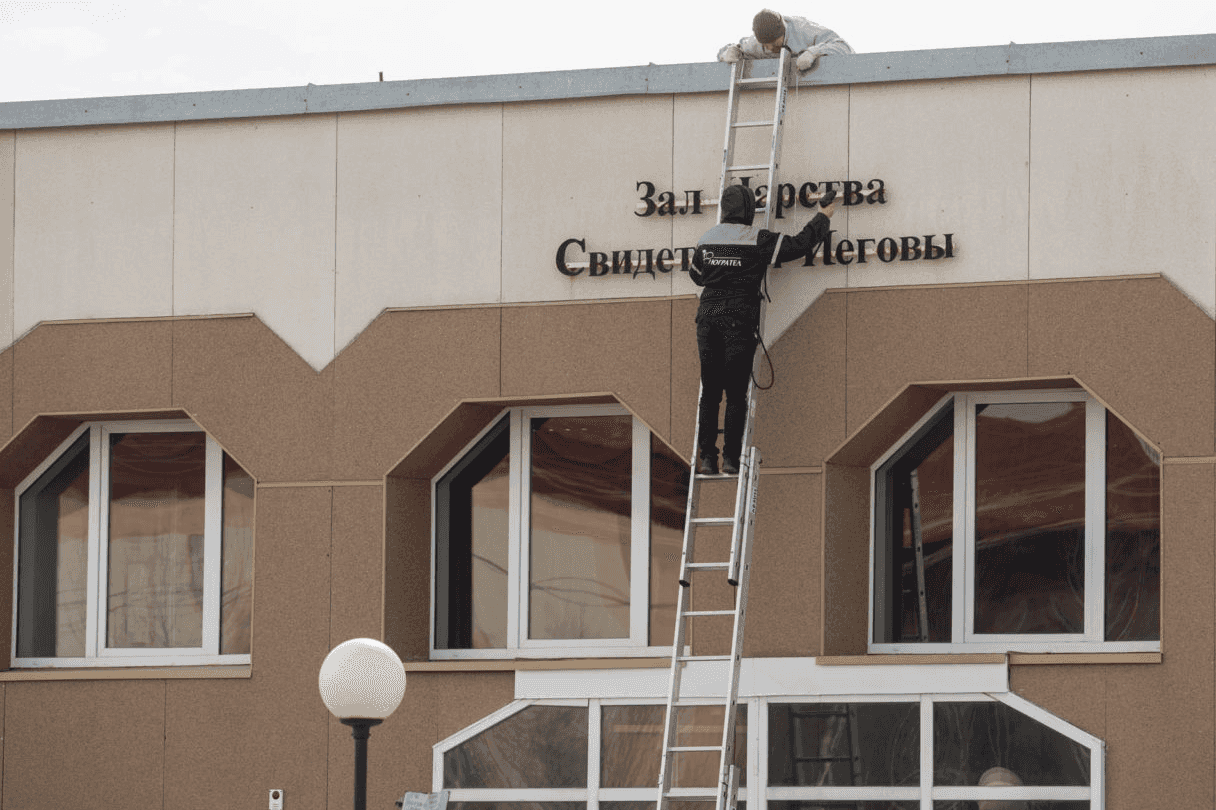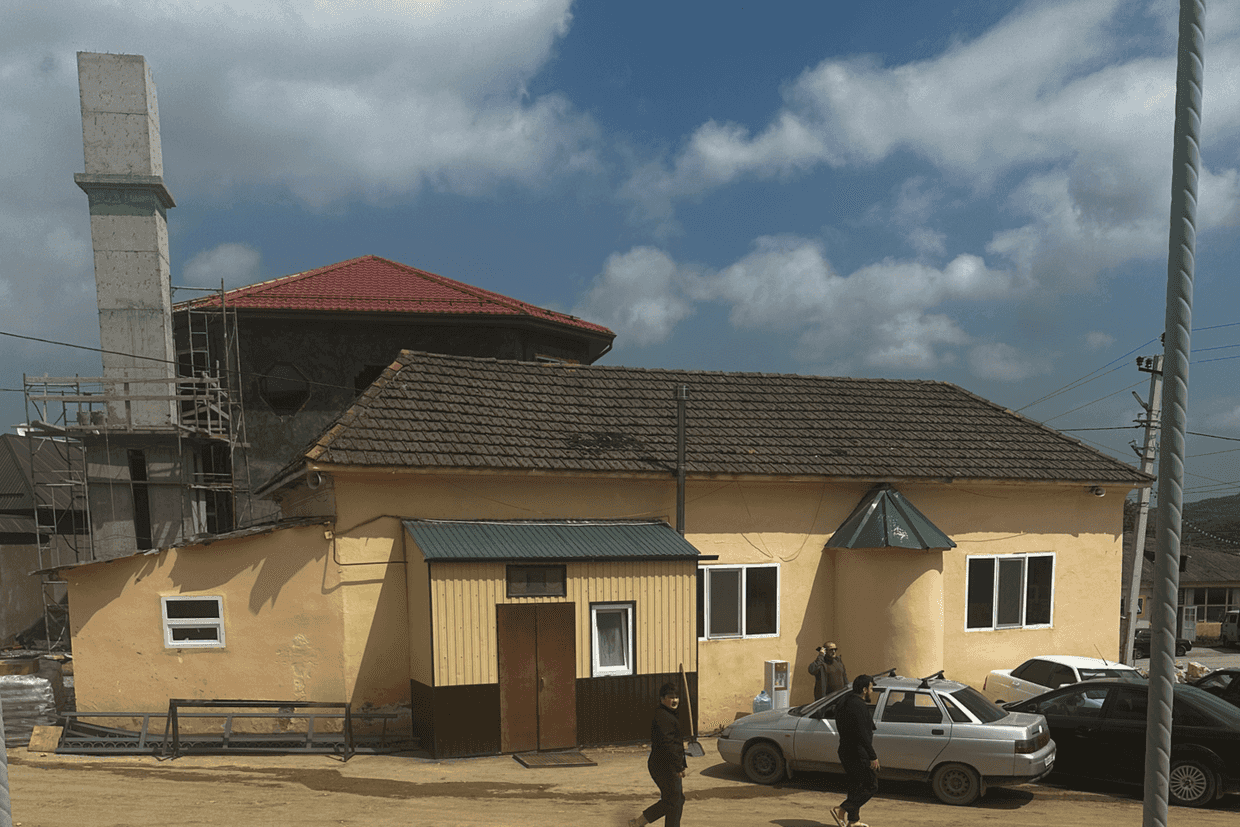

The Russian Federal Security Service (FSB) has raided the homes of nine Jehovah’s Witnesses in Karachay-Cherkessia, detaining 10 people, the Jehovah’s Witnesses of Russia has reported.
The searches took place on Monday in Cherkessk, the capital of Karachay-Cherkessia. Nine of those detained have since been released.
According to the Jehovah’s Witnesses in Russia website, a criminal case has been launched against Albert Batchayev on charges of ‘organising the activities’ of an ‘extremist’ religious organisation. If convicted, he faces up to two years in prison.
Yaroslav Sivulskiy, a spokesperson for the European Association of Jehovah’s Witnesses, told OC Media that Batchayev’s detention had been extended to 72 hours.
Kavkaz.Realii reported that literature, mobile phones, and electronic devices were seized during the searches.
The Ministry of Internal Affairs of Karachay-Cherkessia has not commented on the matter.
The Jehovah’s Witnesses organisation was banned by the Russian Supreme Court in April 2017.
[Read on OC Media: Russia’s war on Jehovah’s Witnesses reaches Daghestan]
Human Rights Watch called the decision a violation of religious freedom and declared these measures unjustified.
The ruling means Jehovah’s Witnesses face prosecution for organising or participating in religious activities.
On 28 May 2018, the European Court of Human Rights (ECHR) began to consider a complaint by the Jehovah’s Witnesses 395 Russian communities of Jehovah’s Witnesses over the ban. They are seeking compensation of ₽6 billion ($94 million) for discriminatory prohibition of their activities and a violation of the right to a fair trial, the right to freedom of thought, conscience and religion, and freedom of assembly and association.
The ECHR has asked the Russian authorities for clarification in the context of the European Convention on Human Rights, which guarantees freedom of religion.
‘Not Systemic’
The Supreme Court of Karachay-Cherkessia liquidated the Jehovah’s Witnesses organisation in the republic in February 2017 and transferred all its immovable property — a house of worship and a piece of land — to the state. At the same time, religious literature seized from Jehovah’s Witnesses by the police during searches was destroyed.
Prior to this, in March 2015, the Jehovah’s Witnesses in Karachay-Cherkessia were fined ₽50,000 ($780) for ‘producing and distributing extremist materials’.
‘Despite the government’s widespread persecution of Jehovah’s Witnesses organisations, members in Karachay-Cherkessia felt quite comfortable for a very long time’, Marat Tlepshev, an independent journalist from Karachay-Cherkessia, told OC Media.
According to him, since 1998, the Ministry of Justice of Karachay-Cherkessia checked their activities ‘only once — in June 2016’ as part of a planned audit.
Murat Gukemukhov, Kavkaz.Realii’s correspondent in Karachay-Cherkessia, told OC Media that the latest law enforcement action against the activities of Jehovah’s Witnesses took place in February 2017 — almost three years ago.
According to Gukemukhov, the fight against Jehovah’s Witnesses in Karachay-Cherkessia is not ‘systemic’ — ‘which means that it is on the periphery of the Center’s attention and, most likely, the local authorities are not too worried about it’.
‘It can be assumed that this action at the end of the year was necessary for some annual reporting by local security officials to Moscow’, he said.







